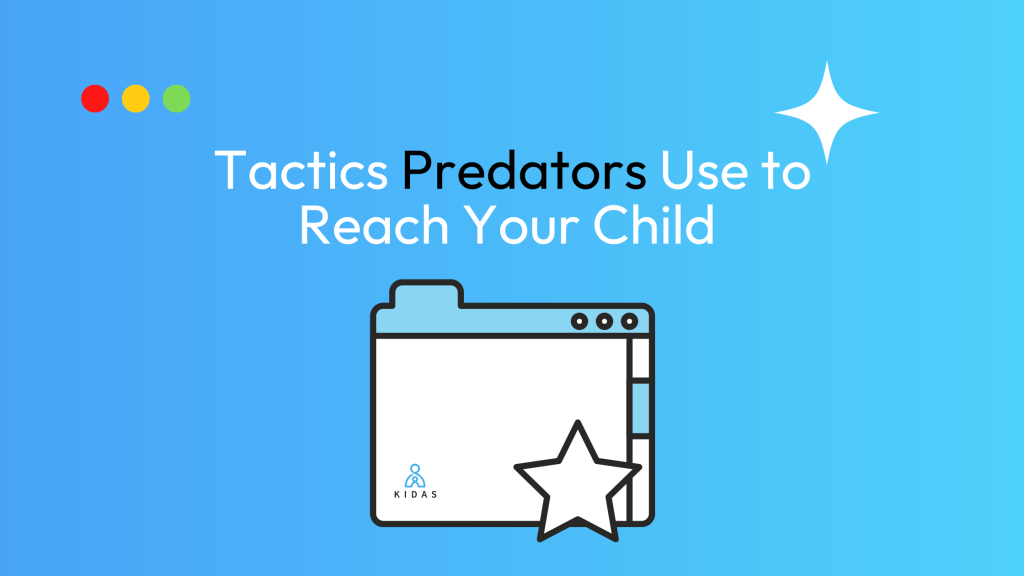Online predators are a danger to your children, especially when your child is spending hours online gaming each day. Predators have access to your children through open chat rooms and public games that put them at risk. An online predator is someone who commits child sexual abuse that either begins or takes place on the internet.

Video games are an easy way for predators to start a conversation with their intended victims. They use the common interest of the game as a starting point for conversation. It is typical for predators to pose as a friendly adult or as an age-appropriate peer in order to form a relationship. By giving young player tips for the game or providing them with game currency, they earn their trust and befriend them. While they are “befriending” young players, they do not use their own identity. They use a fake identity along with a fake photo.
By engaging with children through games that use web cameras, headsets and/or chat rooms, they generate and nurture relationships with children and keep them ongoing. Once they feel comfortable, the predator moves the conversation from the gaming sites over to messaging platforms with more privacy such as Facebook Messenger or Skype. In these chats, the predator will confide in their victim with false stories of hardship or self-loathing to gain their interest and investment into them.
Once the predator has connected with your child, they manipulate the relationship to groom and coerce them to send them sexually explicit images or videos or to meet them in person for sexual purposes.
Online predators will then blackmail the child demanding more explicit pictures or threaten to share them publicly. They will also offer children credits for games to get more pictures. In some cases, if the aforementioned doesn’t work, they may threaten violence.
Parents need to ensure their children know the following:
- Never send pictures to anyone, especially people you don’t know.
- It is never ok for someone to blackmail you or threaten you.
- Remember that webcams can be recorded.
- When you feel uncomfortable or are speaking to someone that you don’t want to be speaking to, block them and report them immediately.
You can report predators here: https://www.nsopw.gov/SafetyAndEducation/HowToRespond#supportingVictims